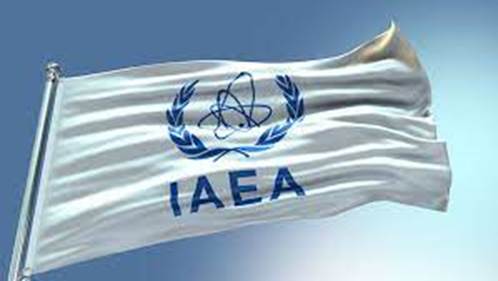Free Courses Sale ends Soon, Get It Now


Free Courses Sale ends Soon, Get It Now



Copyright infringement not intended
Context:
More on the news:
About Joint Comprehensive Plan of Action
About IAEA:
IAEA Missions:
IAEA Functions:
Issue and Challenges:
India and IAEA
Way forward: World must strengthen the ability of IAEA to promote independent assessments of nuclear safety so that the public would be better served by it.
https://www.thehindu.com/news/national/iaea-abstention-on-iran-in-line-with-indias-russia-non-alignment-policy/article65517236.ece
© 2024 iasgyan. All right reserved